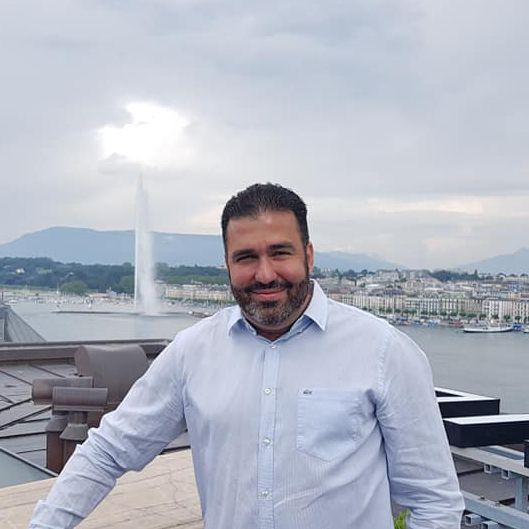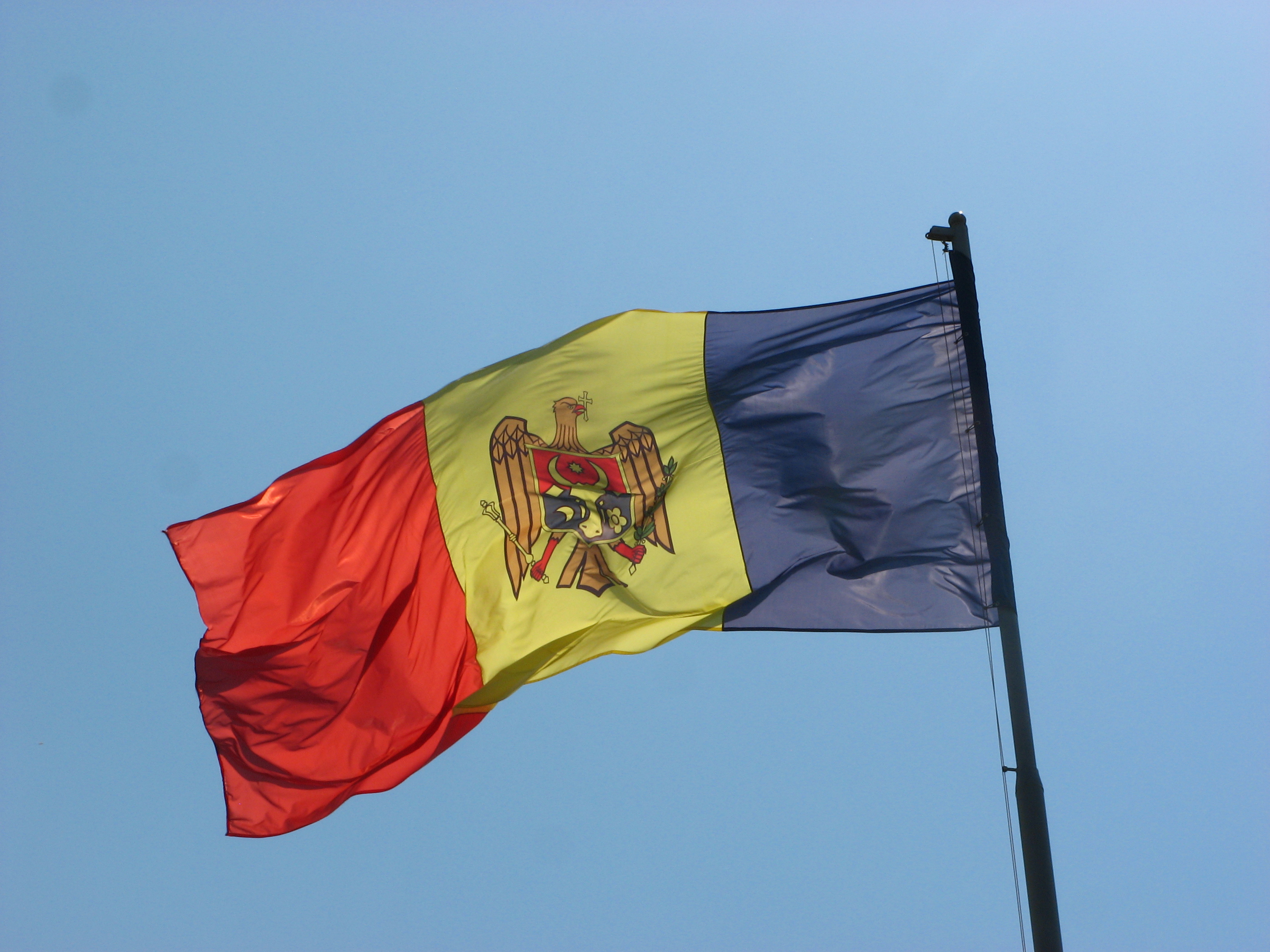Czech Republic – While the Russian and Chinese governments keep their representatives in Afghanistan following the Taliban victory, the European and American governments are fleeing in panic, taking with them their Afghan helpers and their families. In the Czech Republic, the decision to bring those Afghans to Prague does not arouse fierce opposition from the political class, apart from a few dissenting voices.
By the end of last week, Czech government planes had made three trips from Kabul to Prague to transport 195 people, including 25 Czech diplomats and 170 Afghans.
The latter are individuals who worked with the Czech government in Kabul and their families, including young children. The Czech press refers to these Afghans as being mainly translators. Since 2002, the Czech army has been present in Afghanistan as part of the NATO mission. From 2002 to date, 11,500 Czech troops have been deployed in the country.
As a general rule, the Czech Republic is rather restrictive and unattractive to asylum seekers from outside Europe. Thus, from 2011 to the end of last year, the country received only 188 applications for international protection from Afghan men, women and children, which is 1.5% of all asylum requests filed by immigrants in that period. With the new arrivals, the number of Afghans in the Czech Republic is expected to increase rapidly. However, the Czech press is already wondering how many of these Afghans will stay in the country, as some have already expressed their wish to go to Germany, where they have relatives, rather than to stay in the Czech Republic.
For the time being, the government coalition, consisting of the centrist-liberal ANO party and the social-democratic ČSSD, has decided to support their relocation to the Czech Republic, and the scheme is also supported by most opposition parties. The City of Prague has even announced that it will provide flats for the new Afghan immigrants.
Tomio Okamura’s Freedom and Direct Democracy party (SPD), however, has not joined the chorus. On his YouTube channel, Mr Okamura has made it clear that he is against bringing the Afghans to the Czech Republic.
The leader of Freedom and Direct Democracy stresses that the Czechs do not want to pay the bill for American aggression and invasions.
According to the SPD leader, these Afghans come from a totally different cultural background and do not respect Czech values, especially those related to civil liberties and behaviour towards women. Okamura also points out that these Afghans working with the Czechs were paid between $1,500 and $3,000 per month, which was a lot more than the average salary of an Afghan civil servant. He believes that the Czech Republic owes nothing to these people, as they have been sufficiently and extensively helped.
Petr Pelikán, an expert on Eastern civilizations, who serves as an advisor on migration to the Czech Prime Minister Andrej Babiš, agrees with Tomio Okamura. According to Pelikán, the Czech army had twenty years to train its own translators. If they do not wish to stay in the Czech Republic and then migrate to the USA, for example, the Czech Republic will be playing the role of a smuggler, the expert believes. Pelikán, who lived in Afghanistan for several years, also gave an interview for Reflex magazine in which he explained that people in Europe project their own values onto Afghanistan, mistakenly thinking that they are universal. According to him, the people in Afghanistan who want to improve women’s rights are a tiny minority.
The people employed by the Czech Republic were in fact more often informers than translators, according to Pelikán.
They were apparently not doing a good job. Those people, who had adopted a Western lifestyle, were telling the Czechs what they wanted to hear, but they were out of touch with the realities of the country, which is essentially a rural and conservative country with strong tribal ties.
What is true for the Czech Republic is also true for other European countries with regard to their Afghan helpers. They will join the ranks of the Afghan diaspora, who will try to pressure European governments to open their doors to Afghans who are allegedly oppressed by the new regime. In Switzerland, the left is calling for the immediate welcoming of 10,000 Afghan migrants. The authorities have not yet given in. The United Kingdom, for its part, has announced its intention to receive 20,000 Afghans. The return of rejected asylum seekers to Afghanistan is likely to be problematic because of the European perception of the Taliban government. It is time to change this perception, if we do not want parallel societies to play a more and more significant role in European countries, including in countries that are still relatively untouched.




